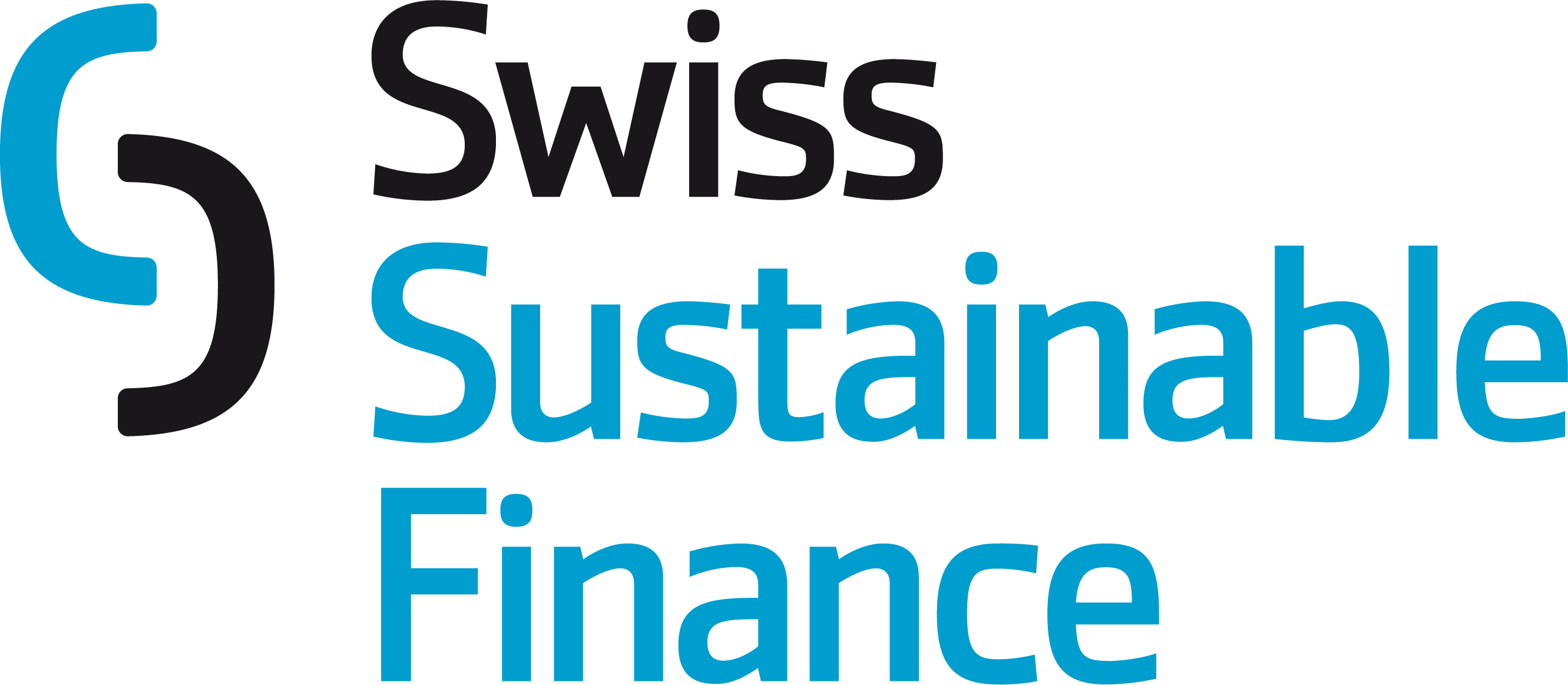Strong arguments in favour of responsible investments
How investing with ESG works
What exactly is «responsible»? This has been interpreted in different ways. That’s why the ESG concept has become established in the investment business. In the video you’ll see what exactly we understand by this, and how the selection process for investment products works at ZugerKB.
Exclusion criteria in the investment area
We rule out investments that breach defined standards or values. In this way we proactively minimise risks that may arise via controversial transactions. We concentrate on those companies that are more resistant to long-term, sector-specific ESG risks.
Our exclusion criteria distinguish between standards-based (internationally recognised norms and standards), value-based (business activities that are considered to be non-investable) and country-based (countries that breach international standards).










